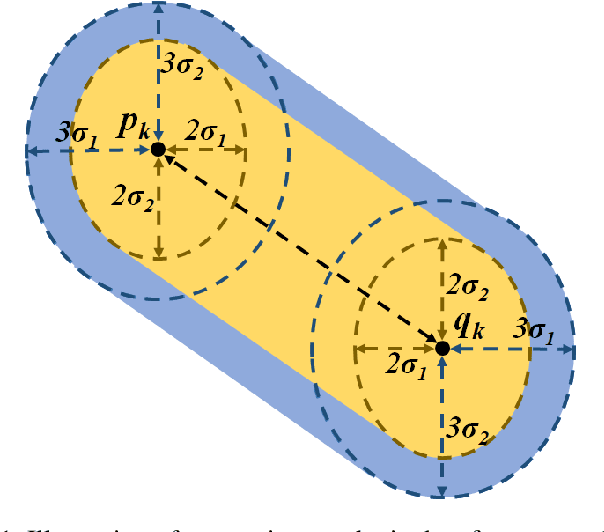Eduardo Almeida Soares
A Self-Adaptive Synthetic Over-Sampling Technique for Imbalanced Classification
Nov 25, 2019



Abstract:Traditionally, in supervised machine learning, (a significant) part of the available data (usually 50% to 80%) is used for training and the rest for validation. In many problems, however, the data is highly imbalanced in regard to different classes or does not have good coverage of the feasible data space which, in turn, creates problems in validation and usage phase. In this paper, we propose a technique for synthesising feasible and likely data to help balance the classes as well as to boost the performance in terms of confusion matrix as well as overall. The idea, in a nutshell, is to synthesise data samples in close vicinity to the actual data samples specifically for the less represented (minority) classes. This has also implications to the so-called fairness of machine learning. In this paper, we propose a specific method for synthesising data in a way to balance the classes and boost the performance, especially of the minority classes. It is generic and can be applied to different base algorithms, e.g. support vector machine, k-nearest neighbour, deep networks, rule-based classifiers, decision trees, etc. The results demonstrated that: i) a significantly more balanced (and fair) classification results can be achieved; ii) that the overall performance as well as the performance per class measured by confusion matrix can be boosted. In addition, this approach can be very valuable for the cases when the number of actual available labelled data is small which itself is one of the problems of the contemporary machine learning.
 Add to Chrome
Add to Chrome Add to Firefox
Add to Firefox Add to Edge
Add to Edge